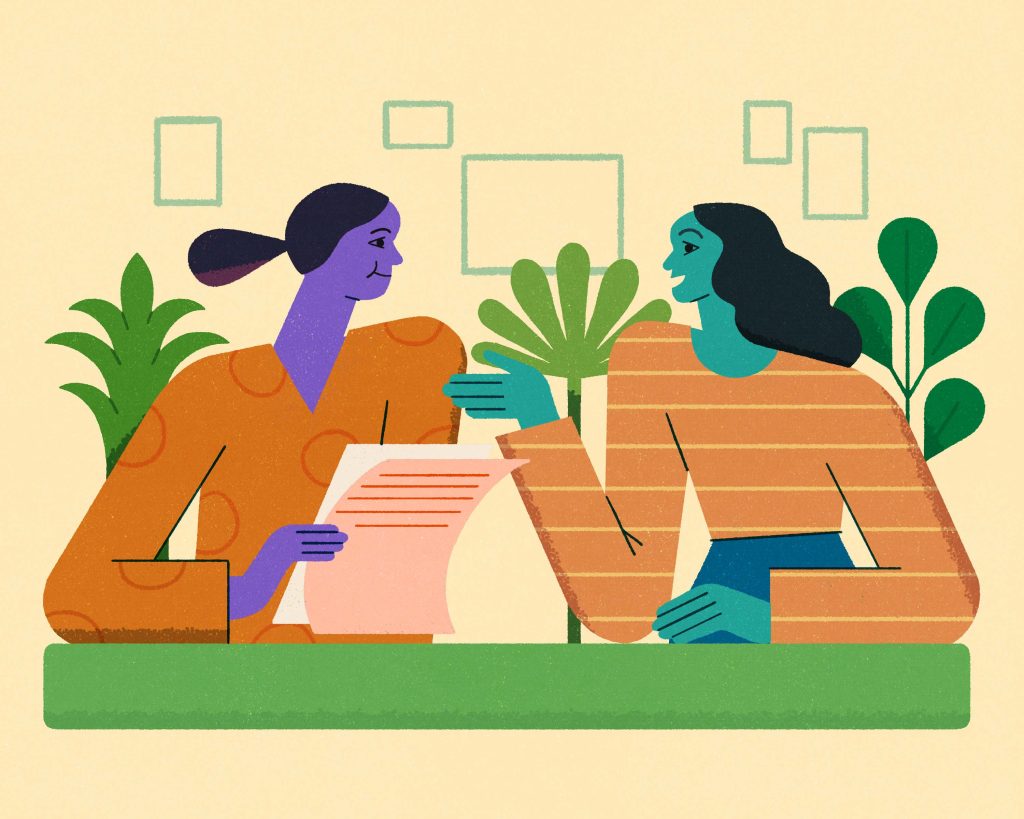I spent most of my college years angry—and for good reason. Is this an inspiring coming-of-age story or a cautionary tale? You decide.
I suspect most of us start out the same way: enthusiastic, optimistic, wide-eyed freshmen, excited for the promise of the next several years which, we were told, would direct the course of our future. We end up here, on the other side of graduation: exhausted and drained of life, flung towards the torment nexus of employment, unemployment, exploitation, and existential crises.
As if surviving college wasn’t difficult enough, this year’s graduates had to navigate through the unprecedented COVID-19 pandemic which kept us within our homes for more than two years—forced into an unconducive remote learning setup while surrounded by disease and death. Not only that, but in December 2021, Typhoon Rai (Odette) struck, a violent catastrophe that destroyed homes and establishments with some still unable to operate until the present day.
A lot of us were first-time voters in the very significant 2022 Philippine elections, and we were also witnesses to various sociopolitical events in other parts of the world: tensions in Russia and Ukraine, the brutal murder of George Floyd, and an intensifying climate crisis. In the midst of all these life-altering situations, we were expected to not only endure but excel.
We were dared, encouraged, even—to fly too close to the sun.
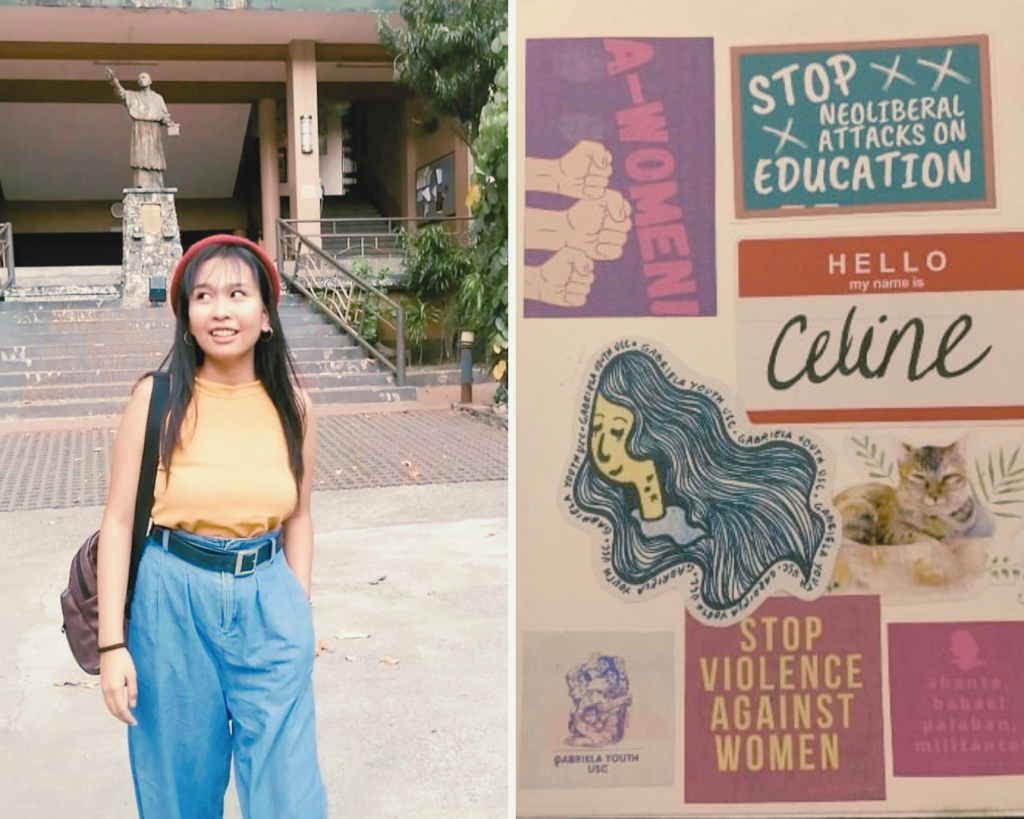
My personal experience in college was filled with challenges. Aside from the academic hardships, there were also social ones: instead of growing up with classmates in elementary and high schools, in college, we were required to meet and build connections with people who were brought up differently, with different customs, values, and morals. We had to learn socialization and adjust to the lifestyles of the people around us at lightning speed, lest we become ostracized.
My university was a fascinating social space. You could embarrass yourself in the same PE class with children of your city’s politicians or ask for a sanitary napkin in the bathroom from a varsity scholar. Sometimes, the difference between a good and a bad grade is if a student was able to come early in their personal car, or they’d be marked absent because they spent three hours in traffic in the morning commute. The more I observed the way people around me carried themselves, listened to the way they talked, and learned about the causes they cared about, the more I realized how our individual backgrounds affected our lives as students. The conversations that weren’t small talk were difficult to sustain because of these differences.
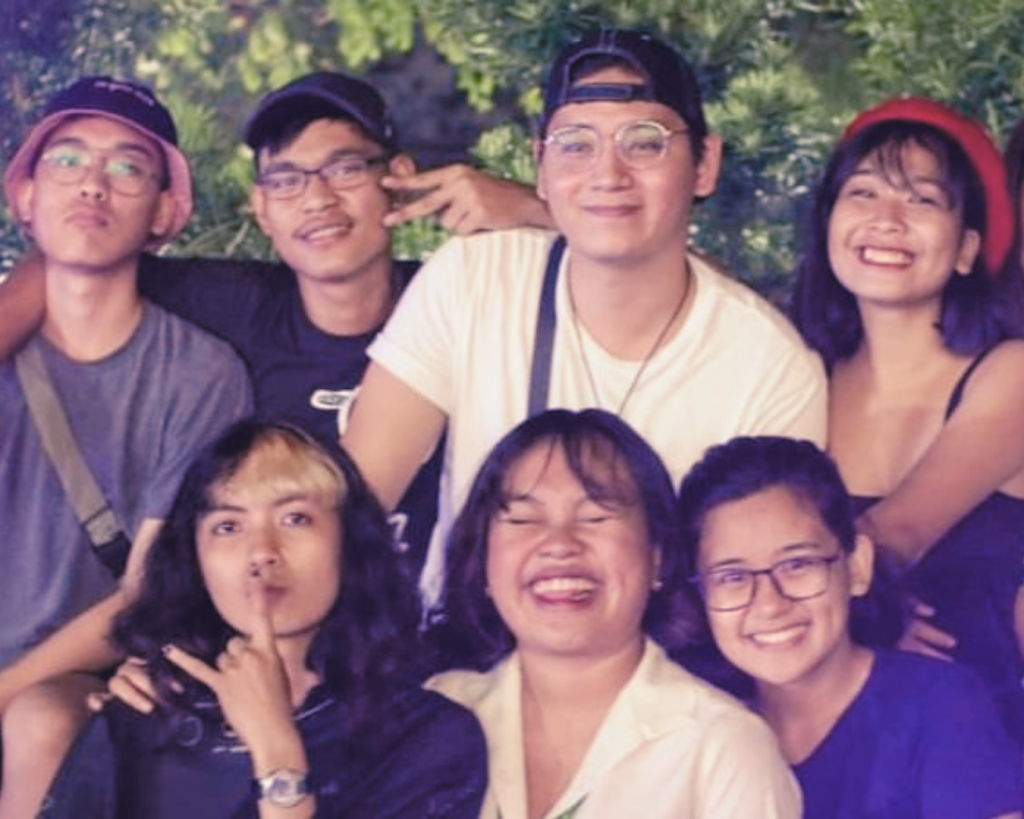
However, even the most privileged of us could not escape the adversities brought about by the extremely flawed educational system. For my Bachelor’s degree, we were already paying tuition fees upwards of P 50,000 per year, and these fees kept increasing over the years, a term dubbed as “TOFI” or Tuition and Other Fees Increase. Different schools and universities across the country continue to implement TOFI as students and education rights advocates lobby against the commercialization of education, especially when little improvement is observed in facilities, in teachers’ wages, and in student benefits. Not to mention, most of the graduates’ and current undergraduates’ college years were during the COVID-19 pandemic when we weren’t physically using school facilities.
People might argue: why would a student choose to study at a prestigious university if they couldn’t afford it? I firmly believe that every student deserves a quality education. Education must be free in the first place—because our constitution tells us that education is a human right. In the Philippines, where the minimum wage is P 610 per day, it is already a faraway dream for many parents to send their children to college. Because of increasing tuition fees, as well as surging expenses in transportation, food, and living costs, many children feel like they are burdening their parents and choose to quit school altogether. The debilitating socio-economic crisis that is intrinsically tied to the educational crisis has taken the lives of so many students, some of them having come from my university, whose deaths had naturally taken a toll on the mental health of those who were left behind.
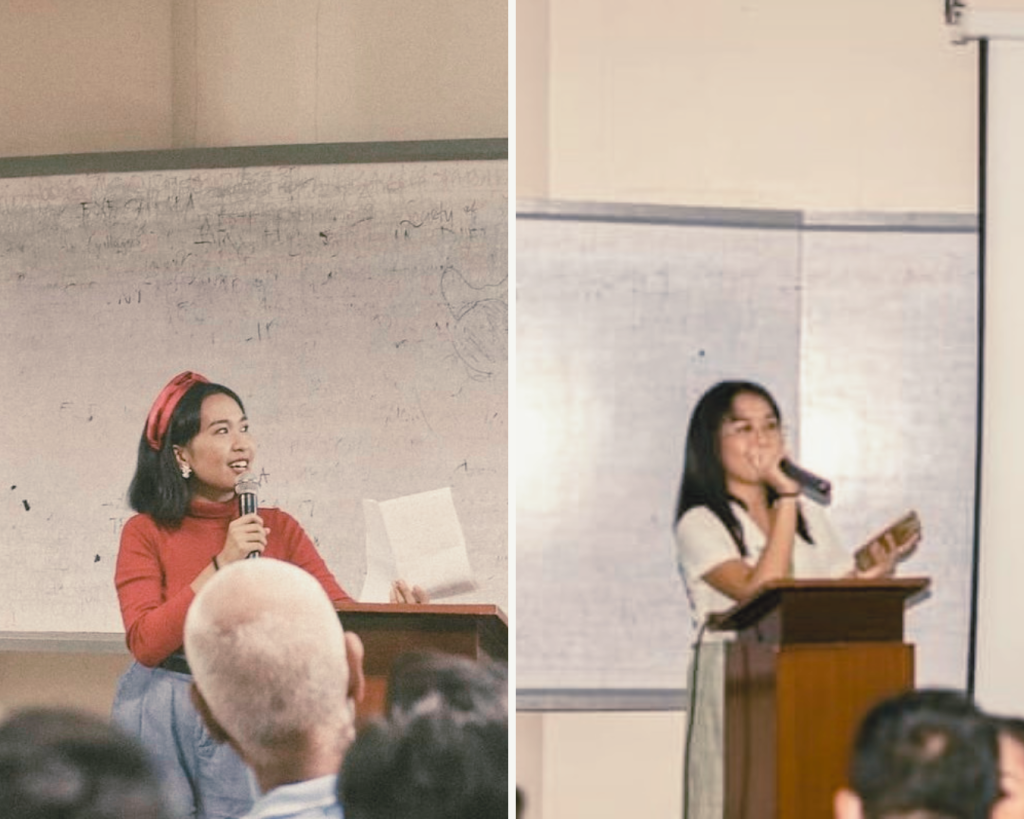
In lockdown, it seemed like all hell broke loose around me while I was trapped in a bronze jar. I was dating a block mate at the time (which is its own hilariously tragic, messy collegiate story) and we had thought that the “COVID-19 virus” was going to last two weeks, which meant that it would allow us to process through recent drama and trauma brought about by the sadistic claws of upperclassmen’s social media gossip (which is its own hilariously tragic, messy collegiate story). Navigating through a global health crisis, and learning through distanced education, while struggling to keep a romantic relationship intact is a Sisyphean task in hindsight. We broke it off in the middle of the pandemic (which meant that I had to navigate through a global health crisis, learn through distance education, and manage my personal heartbreak while Taylor Swift’s critically acclaimed and personally agonizing album “Folklore” was released—also a Sisyphean task).
Waking up every morning on the remote learning setup made me feel like Prometheus on the rock, getting my liver eaten every day. More things happened within this period: my chairpersonship for a feminist org was questioned because of alleged promiscuity (a long story), I went viral for wearing my uniform in a cafe (a long story, which you can find on this link), I was harassed on a live broadcast event in the middle of a privilege speech (a short story, which you can read about here). Away from anyone but my mother and brother, I was unable to talk to anyone or process the things I was going through in a healthy way. I bottled all my confusion, rage, and loneliness for years.
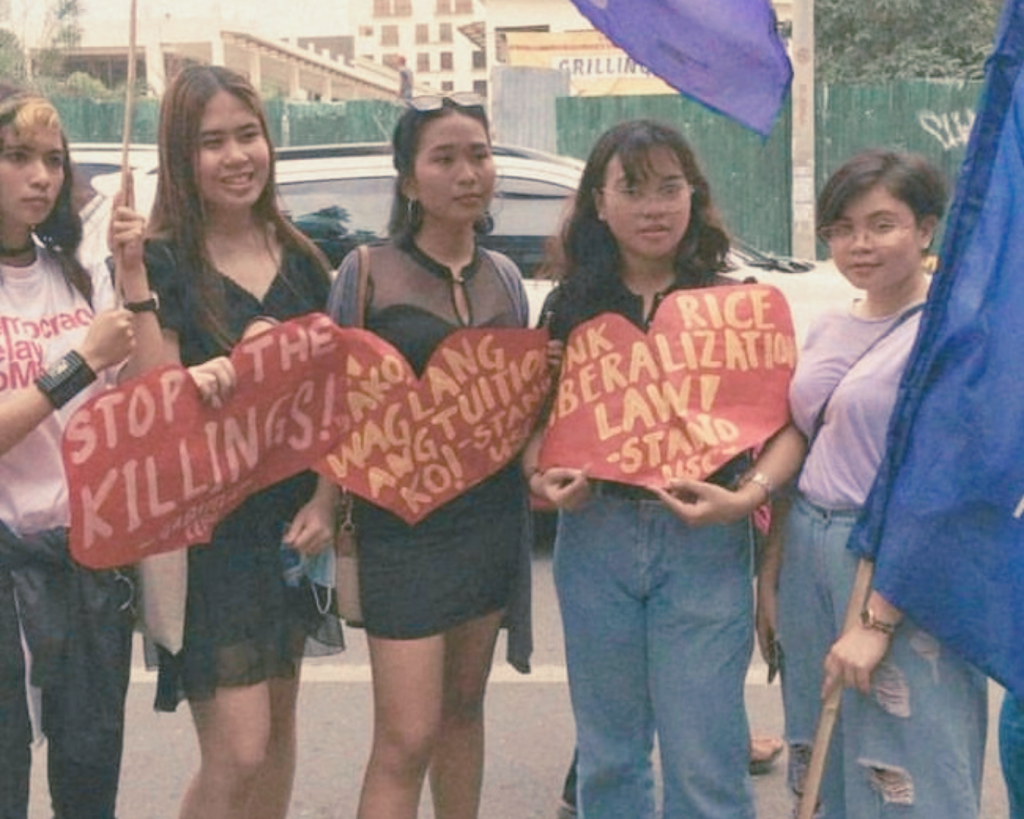
I spent most of my college years angry, and that was something that I did not choose for myself and I could never change. But, after having said all this, I refuse for my college experience to be defined by its tragedies. I want to be remembered more than the things I have survived.
I see college now as a (very expensive) sandbox we were all playing in. I don’t think anyone started out wanting to be a bad person and had intentions to hurt other people. Although I can’t promise forgiveness for those who have wronged me, and I can’t promise myself peace and absolute healing from this experience by writing about it, I can pick and choose the people who I allow to stay in my life. I can still continue to relive the memories that propel me to move forward instead of the things that hold me back.
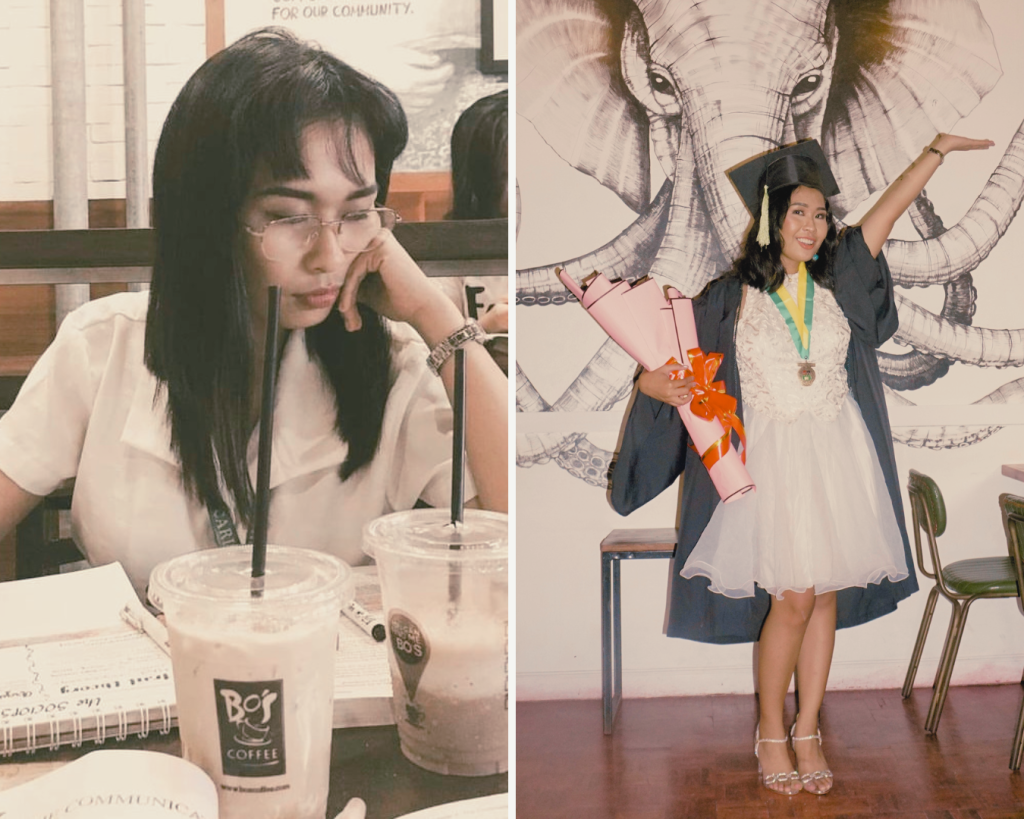
There were silver linings amidst it all: I began working as a freelance writer in my sophomore year and took on an internship with Cornerstone Entertainment, and then Altermidya Network in my junior year. I immersed myself in activism and volunteer work for students’ rights with STAND-USC, women’s and LGBTQ+ causes with Gabriela Youth USC, and relief efforts through Tulong Kabataan Cebu, amidst repressive student policies that curtailed student voices. Through these experiences, I learned about the power of collective healing through shared struggle. In my senior year when we had gone back to face-to-face classes, I met undergrads who reminded me so much of myself—with more enthusiasm, vigor, and strength to not only endure but to also fight for a university they deserve. I want to be there for them, and I can’t wait to hear their inevitable long stories.
I finished my thesis about queer violence and identity performance with my brilliant and reliable thesis partner, who stuck with me through it all. If you’re in college, my only advice is just to make sure you have at least a few people you can trust in your corner. Somewhere in between, I became the writer-in-residence for an art foundation I run with my friends (@drawingclassfoundation). I finally graduated with my Bachelor’s degree with Latin honors and made my parents proud (hopefully).
I left college with a rightful rage burning in my heart—a flame I will continue to tend, just in case another fire needs to be lit someday.
Photo courtesy Celine Lagundi



